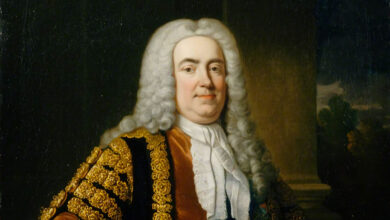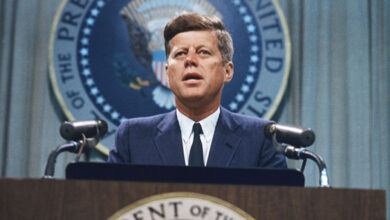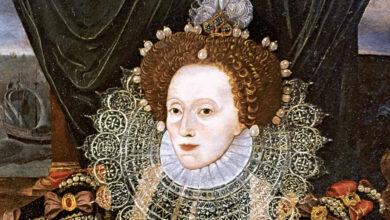Podcast: Play in new window | Download
Subscribe: Spotify | Amazon Music | Youtube Music | RSS
Did you know one of the founding fathers of the United States was born into a family of 17 children? Yes, Benjamin Franklin was born on a cold January day, the 17th of 1706, right in the heart of Boston. His family was of modest means, and formal education was a luxury they couldn’t afford. But young Benjamin, ever the inquisitive mind, took it upon himself to learn. So, from a humble beginning, Benjamin Franklin began his journey towards becoming one of the most influential figures in history.
How many of us would think to fly a kite in a thunderstorm? Benjamin Franklin did just that. In 1752, Franklin conducted his most famous experiment. He flew a kite during a thunderstorm, with a key tied to the string, proving that lightning is indeed electricity. This was a daring act, one that could have easily cost him his life, but it was also a stroke of genius that forever changed the way we understand the natural world. But Franklin’s scientific contributions didn’t stop there. He invented the lightning rod, a device that protects buildings from lightning strikes. He also designed bifocal glasses, allowing those with vision problems to see both near and far without switching spectacles. And let’s not forget the Franklin stove, an improved fireplace that provided more heat with less smoke. Each invention, a testament to his ingenuity and practicality. His scientific curiosity was just one aspect of Benjamin Franklin’s genius.
Can you imagine helping to draft the document that would serve as the birth certificate of a nation? It was a task that Benjamin Franklin undertook with great conviction. In the summer of 1776, Franklin was at the heart of the drafting of the Declaration of Independence. His political acumen and masterful diplomacy were instrumental in framing the ideals of a new nation. But Franklin’s influence did not stop at the shores of the New World. He also took his diplomatic skills across the Atlantic to France. There, he negotiated the Treaty of Paris in 1783. This pivotal agreement marked the end of the Revolutionary War and recognized the United States as an independent nation. Franklin’s voice for freedom was not just heard, but also deeply felt. It resonated across continents, influencing the course of history. Franklin’s diplomatic acumen played a crucial role in shaping the future of the United States.
What if you had the chance to shape the very foundation of a nation’s governance? This wasn’t a hypothetical for Benjamin Franklin. In 1787, he played a pivotal role in the drafting of the United States Constitution. Franklin’s wisdom and foresight were evident in his contributions. His belief in the importance of checks and balances, and his advocacy for the separation of powers, remain integral to American governance today. Franklin was a champion of collective decision-making and cautioned against the concentration of too much power in the hands of the few. His ideas, incorporated into the Constitution, continue to guide the nation, ensuring a democratic system that values the voice of every citizen. Franklin also emphasized the importance of education, believing it to be the cornerstone of a free society. His legacy is not just in the past—it is alive in the present, woven into the fabric of American society. Benjamin Franklin’s influence extends far beyond his lifetime, shaping the very foundations of American society.
Even great minds must eventually meet their end. Benjamin Franklin, the revolutionary polymath, succumbed to his mortality on 17 April, 1790, in Philadelphia. His passing was a monumental event, marking the end of an era filled with astounding achievements. Franklin’s contributions to science, politics, and society left an indelible mark on the world. His wisdom and courage continue to echo through the ages, reminding us of the power of curiosity and the pursuit of knowledge. Despite his death, Benjamin Franklin’s legacy continues to inspire and influence us even today.
Podcast: Play in new window | Download
Subscribe: Spotify | Amazon Music | Youtube Music | RSS




